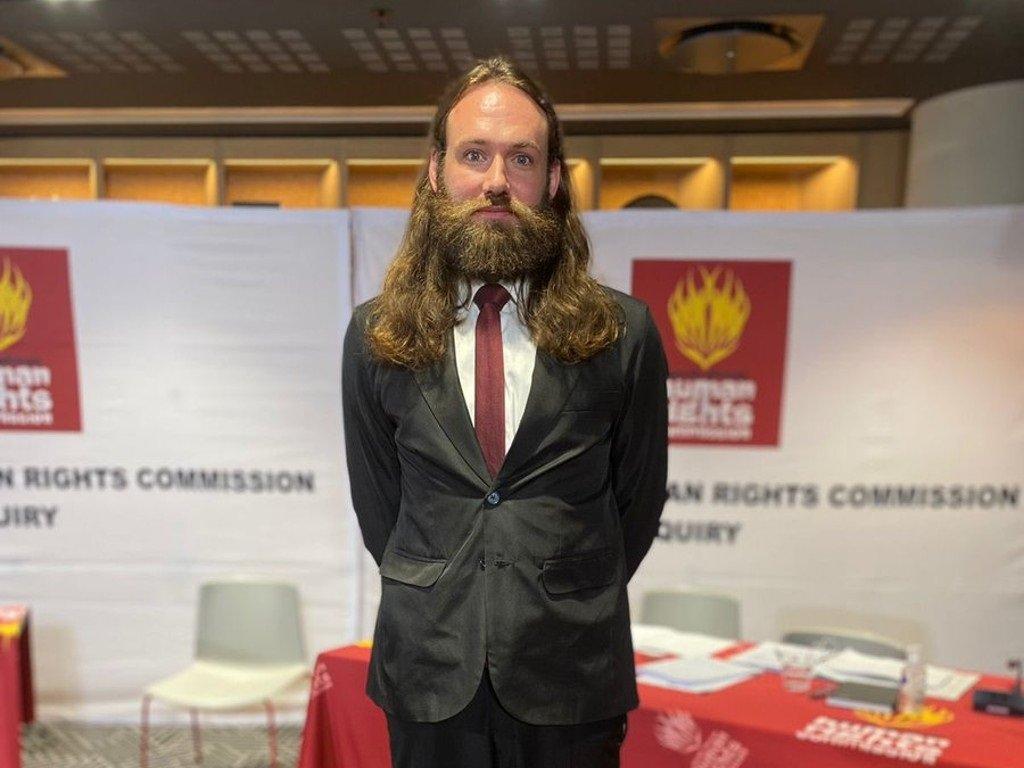Africa-Press – South-Africa. The Institute for Race Relations (IRR) argues instead of worrying about the small number of racist advertisements, the country should instead concentrate on fighting unemployment, crime and service delivery.
On Tuesday, the IRR’s head of campaigns, Gabriel Crouse, told the SA Human Rights Commission race relations in the country have never been better. This, he said, was shown in research the IRR had done.
Crouse was giving evidence before the commission’s inquiry into racial discrimination or discrimination in advertising.
He said: “Most South African – when it comes to race – are in a much better place than before. Does that then mean there are no problems? No, there are many other problems that are much greater and are getting worse. Unemployment is the greatest problem in this country. Race relations, meanwhile, has never been better.”
Crouse added when it came to advertising products, only a small number have been accused of being racist.
“A small number of adverts stand accused of being racist, only four or five. Of those, the one that raised the most eyebrows, the TRESemme ad … has just been exonerated by a court. This is very good news.”
The advertisement, which described black women’s hair as “dry and damaged hair” and “frizzy and dull hair”, sparked protests at Clicks stores across the country. It also led to TRESemme products being pulled off the shelves.
Last week, the Equality Court in Cape Town ruled the advertisement did not discriminate against black women.
Clicks commits to increase spending on SMMEs and local products after meeting with govt
In 2021, Crouse said, a market research analyst tracked more than seven million advertisements flighted in the country.
“Let’s say in the last nine years; there’s been 58 million ads, it seems the commission has been presented with only four or five ads that are accused of racism. That is a success rate that all South Africans can be proud of.
He added from looking at the advertised products, there was no racism, but he did not know whether the industry itself was racist.
Crouse agreed racism was morally wrong.
“In my definition of racism, it is possible for any member of any race who can be racist.”
He said some of the issues the country should concentrate on was solving unemployment, crime, corruption and service delivery.
“I think South Africa is in a dangerous position. If we don’t solve those problems … we are letting human value be squandered. Only through non-racialism can South Africa go forward.”
Asked what the racial make-up of the IRR management was, Crouse said: “I am not going to answer that question. I think that it’s important that the IRR has been asked to fill in forms of our group in terms of gender, race and sexual preference. We have refused to do so even if it has cost us a lot of money. You will not know the nature of the IRR by knowing what my race is.”
The inquiry continues.
For More News And Analysis About South-Africa Follow Africa-Press






